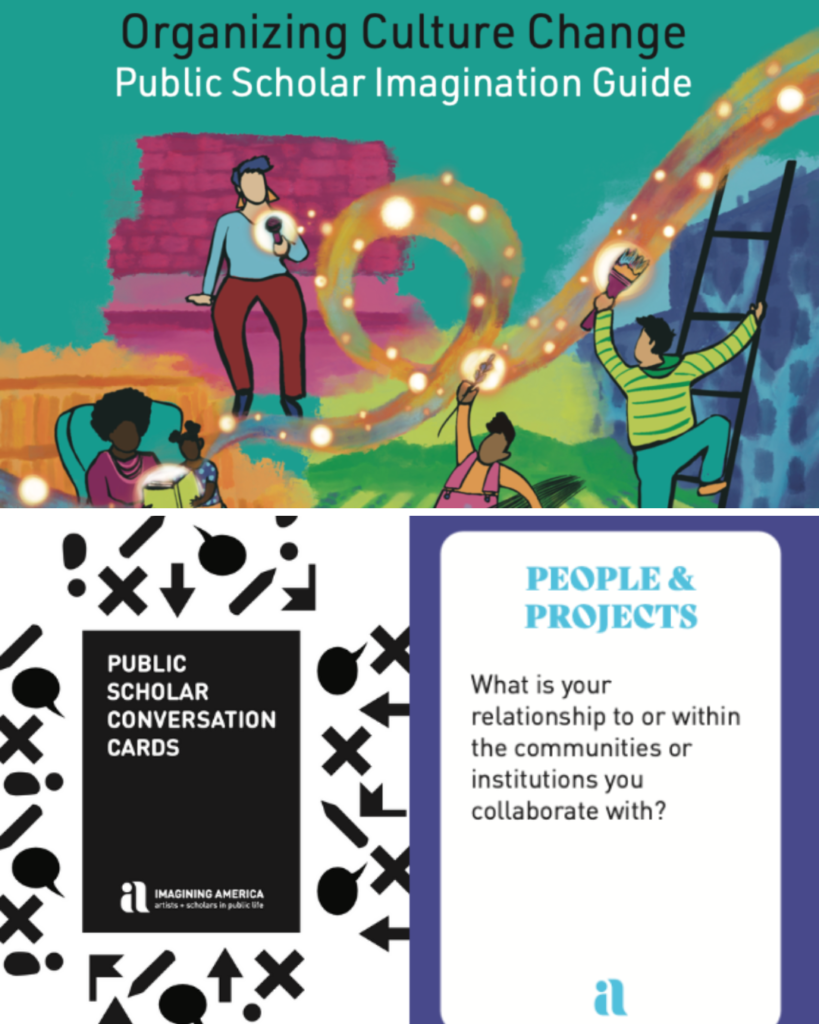Using Citizenship to Work Towards the Greater
By Dianna Ruberto, PhD student in Urban Affairs and Public Policy at the University of Delaware, and a 2018-2019 Publicly Active Graduate Education (PAGE) Fellow. This PAGE Blog Salon explores themes of citizenship, intersectional activism, and public scholarship, important topics of the upcoming Imagining America national gathering, Oct. 19-21, 2018, in Chicago, Illinois.
Citizenship: “the quality of an individual’s response to membership in a community.” To me, that quality is defined by using one’s power to drive social, political, and cultural change in order to create a more equitable global community. Through community-engaged scholarship in research and creative practice, I use my own citizenship and encourage others to use theirs.
My research interest include arts policy and social justice, which I explore through community-engaged arts-based research projects. Arts and culture are essential to the social and economic well-being of communities. However, there are socioeconomic and racial disparities in the communities that have access to arts and cultural assets. My own research used photovoice to collaborate with teenage Black girls in Wilmington, DE to document and share their experiences with the arts and advocate for improved accessibility of these assets in their neighborhoods.This project allowed me to use my citizenship, and my power as a researcher, to facilitate an exchange where a vulnerable group’s experiences are valued by policymakers and influencers as drivers of change.
Through my participation in the arts-based research projects of Dr. Lynnette Overby, I have been able to practice my citizenship through movement and spoken-word. Dr. Overby’s research uses performance and public-engagement to explore topics like racial justice in the United States and South Africa and the visibility of Black women who have made important contributions to the advancement of people of color in the United States. As a dancer and research assistant in her projects, I have been able to use my body to tell underrepresented stories and share those stories with schools, libraries, and churches both domestic and abroad through performances and workshops where we taught people to create their own dances exploring themes of resilience and legacy.
In addition to my work as a researcher and performer, I have promoted Imagining America’s values of citizenship through my involvement in the University of Delaware’s (UD) Partnership of Arts and Culture (PAC). A branch of UD’s Community Engagement Initiative, PAC’s mission is to foster genuine connections as a collective group of arts and cultural organizations and individuals, that leads to sustainable partnerships with a focus on global understanding and social change. As a graduate assistant on this committee, I’ve been involved in the processes it has gone through to become a truly engaged branch of UD, including establishing trust, fostering effective communication, and figuring out how we can use our partnership to realize the goals of everyone involved.
My experiences with community-engaged scholarship and creative practice have shaped the way I value citizenship. To be a citizen is to be a part of something greater than yourself, and to use your citizenship is to work with your fellow citizens to make that something even greater. My research and practice allow me to use collaborations, in different capacities, to make our communities better. Through IA’s PAGE Fellowship, I hope to continue this work among other graduate students who aspire to make a difference through publicly-engaged scholarship and creative practice.



